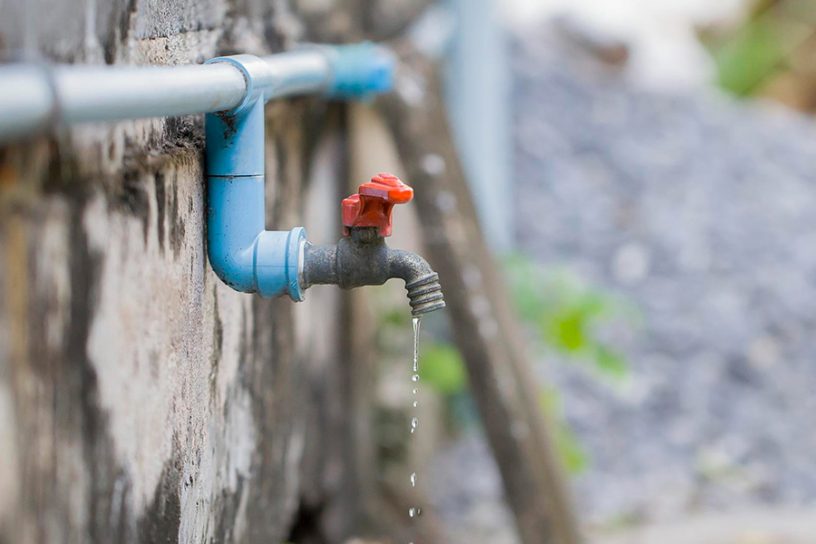
The researchers present a critique of current world experiences with groundwater users’ association (GWUA) and reflect on the socio-environmental barriers of establishing a functional GWUA.
Authors
Dishant Parakh, Center for Environment, Sustainability and Human Development (CESH); O. P. Jindal Global University, Sonipat, Haryana, India.
Sriroop Chaudhuri, Professor, Jindal School of Liberal Arts and Humanities, O.P. Jindal Global University, Sonipat, Haryana, India.
Summary
Uninhibited drafting and plummeting groundwater levels have entailed a slew of eco-environmental and socio-economic crises across vast swathes of South Asia, leading to social turmoil over the demand-supply gap in the irrigation sector. We adopted a mixed-method approach, combining systematic bibliometric assessment with contextual analysis, to highlight to the regional water authorities (RWAs) the core tenets of groundwater markets (GWMs), already operating in various capacities and forms in different parts of South Asia, as a potential option to address the crisis. GWMs, occurring along a farmer-water-irrigation continuum, have mixed impacts on groundwater-dependent socio-ecologies, ranging from beneficial to counter-productive.
Given the dire projections of groundwater depletion in the near future and the inadequacy of the state machineries to meet surging irrigation demand, a critical policy question that we approached in this narrative was: Can GWMs be institutionalized as a regulatory tool for ‘supply-side’ management of irrigation resources? To that end, we helped RWAs grow a deeper understanding of the complexity and interdisciplinarity associated with the vast network of actors and agencies interlocked within GWMs. By the same token, we urged the RWAs to consider a collective space—potentially in the form of a groundwater users’ association (GWUA)—as a prerequisite to imagining GWMs in an institutional mould.
We present a critique of current world experiences with GWUAs and reflect on the socio-environmental barriers of establishing a functional GWUA. We outline tentative means for RWAs to build credibility and increase acceptability of GUWAs at the grassroots, including capacity building, value-based standard operating procedures and harnessing solidarity and social responsibility. In conclusion, we offer RWAs a simple system of a ‘reality’ check, to evaluate the ground conditions and feasibility of contemplating GWMs in the first place.
Published in: Journal of South Asian Development
To read the full article, please click here.


